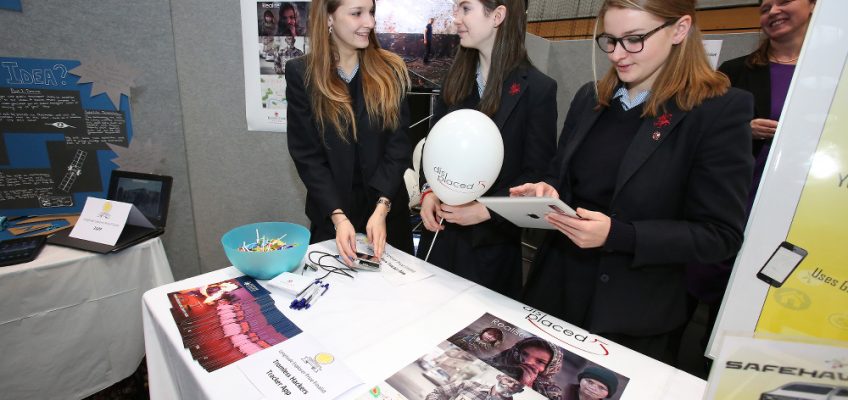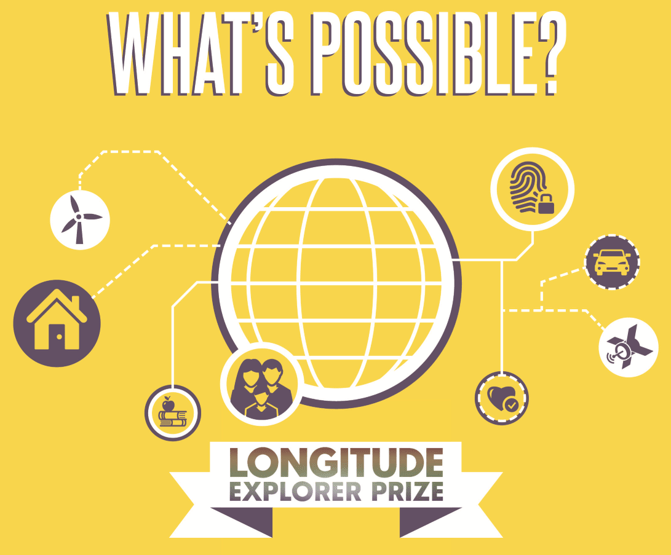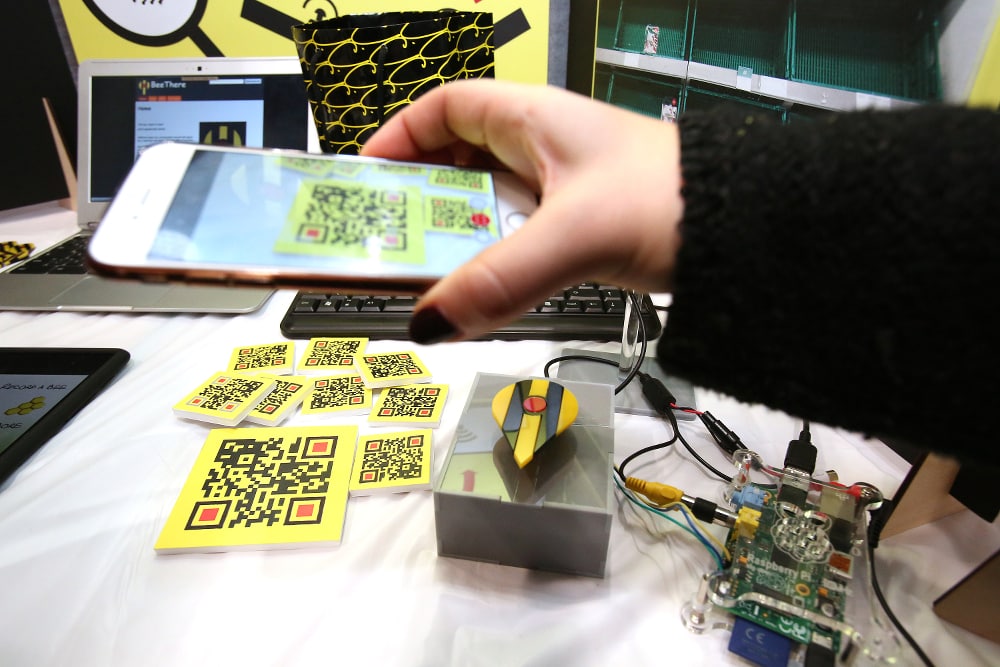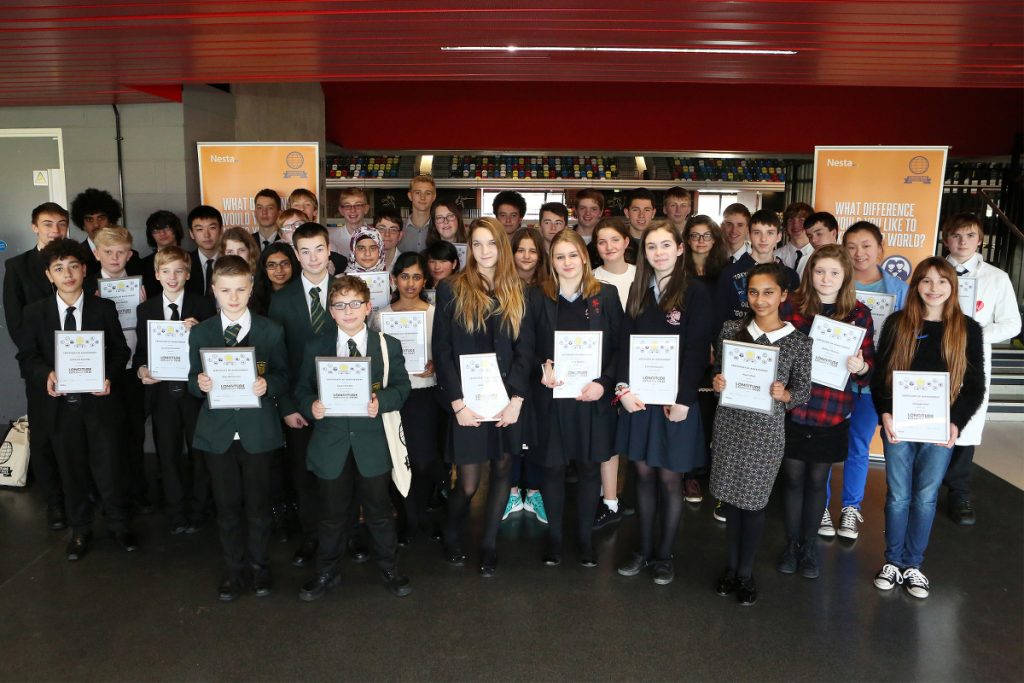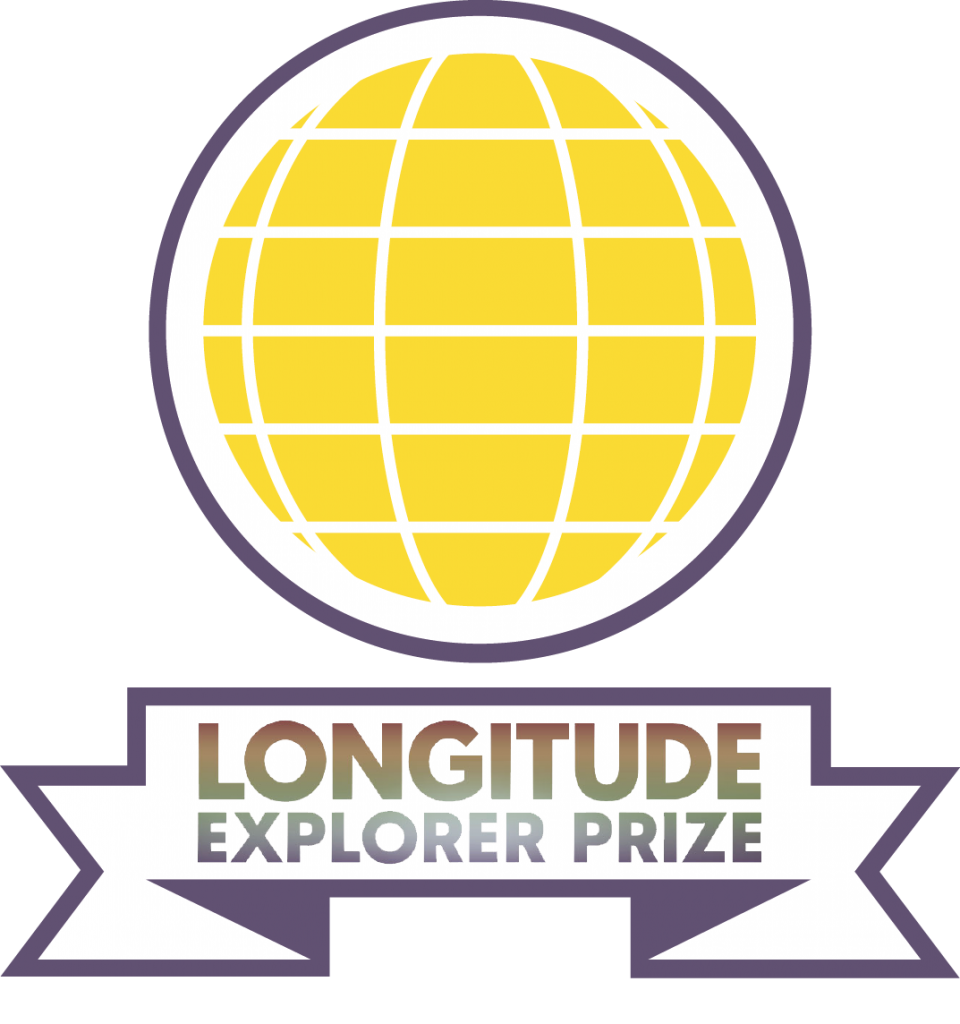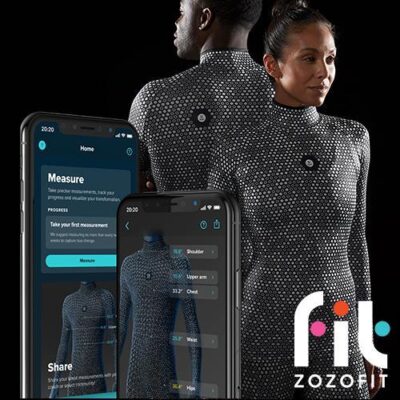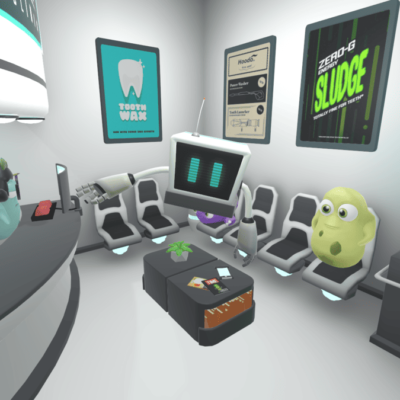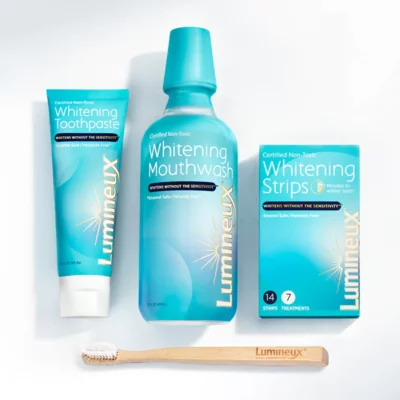Students from secondary schools across the UK are being invited to compete for a £10,000 award for creative tech pioneers.
Inspired by the original 18th century Longitude Prize – which set the task of determining a ship’s exact location at sea – the prize challenges young people to solve healthcare challenges through the Internet of Things (IoT).
Run by innovation foundation Nesta and supported by IBM, the competition will see teams competing to find the most innovative web-enabled technology solution to improve the health and wellbeing of people in the UK.
UK students can compete for a £10k Creative Tech Award sponsored by IBM and Nesta Share on XIn addition to the cash prize of £10,000 and two runner-up £1000 prizes, all finalists will be invited to visit IBM’s London offices, where they will work on their ideas with guidance from the company’s Internet of Things specialists. Teams will also be trained in the use of cutting edge cognitive computing and machine learning tools.
“We believe that understanding, engaging with and applying the latest technologies is essential learning for every young person, and this is exactly what the Longitude Explorer Challenge Prize does. This year’s prize focuses on a rapidly developing area of technology, which IBM is at the forefront of: the Internet of Things, says Mark Wakefield, Corporate Citizenship & Corporate Affairs Manager at IBM UK.
Students must be aged between 11 and 16, and each team must be supported by a teacher or youth leader. Teams will be responsible for building the technology as well as all aspects of design, budgeting and marketing, helping to hone their full entrepreneurial skill-set.
“We’re thrilled to be working with IBM – the pioneers of Watson – on the second Longitude Explorer Prize,” says Tris Dyson, Director of the Challenge Prize Centre at Nesta. “Projects like this are hugely important, not only in creating opportunities to help develop young people’s STEM skills but also their abilities in presentation, teamwork and project planning. Building on last year’s successes, we are calling for even more young people to get involved this time around.”
The first Longitude Explorer Prize, launched in 2014, focused on geolocation and attracted over 60 entries. The competition was won by an all-girl team from Rendcomb College in Gloucestershire who took home the first prize for their app, Displaced, designed to help charities to coordinate the logistics of supporting vulnerable people around the world.
The Longitude Explorer Challenge wants students to use IoT to tackle public health problems Share on XSpeaking about the experience, their Director of Computing Jonathan Torbitt said: “It was a great privilege to mentor our school’s team through the Longitude Explorer Prize 2015, from the initial inception of the pupils’ idea to delivery of a working prototype. The transformation in the girls along the way was fantastic. They went from shy and nervous teenagers to confident young adults, capable of presenting their idea in a professional manner.“
For more information on the judging criteria and to submit an idea, visit the Longitude Explorer Prize website. Entries close on the 3rd March (3pm GMT) and winners will be announced before the end of school summer term 2017
Alice Bonasio is a VR Consultant and Tech Trends’ Editor in Chief. She also regularly writes for Fast Company, Ars Technica, Quartz, Wired and others. Connect with her on LinkedIn and follow @alicebonasio and @techtrends_tech on Twitter.

